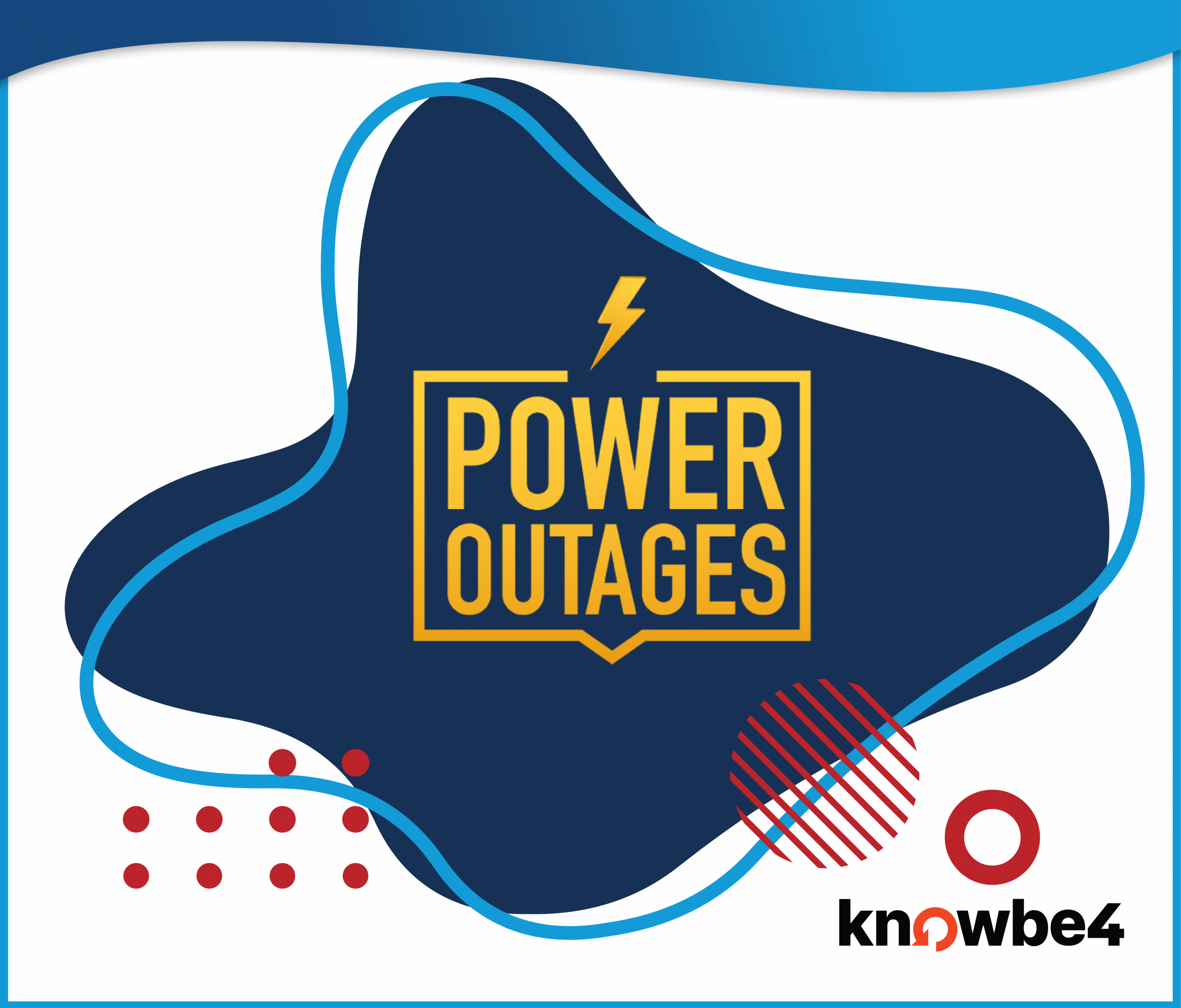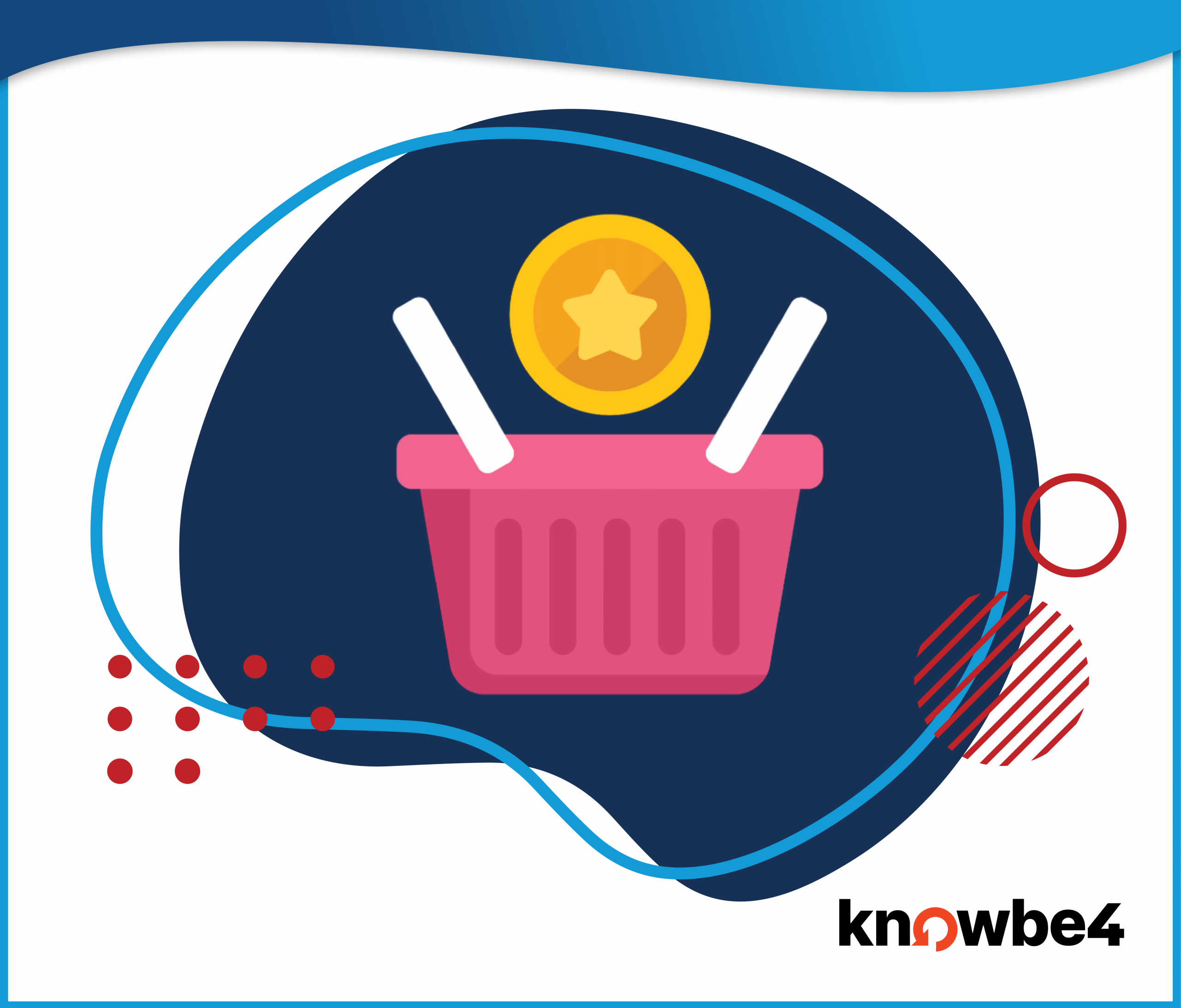Cybercriminals are imitating Amazon order confirmation emails in hopes of receiving your credit card information. Will you give it to them?
If you’ve started your holiday shopping, you may have received purchase confirmation emails from Amazon, one of the world’s most popular retailers. Unfortunately, cybercriminals have also been sending their own version of these emails. In a new scam, cybercriminals impersonate Amazon to send fake purchase confirmation emails in hopes of receiving a special holiday gift: your credit card information.
In this scam, cybercriminals send you a fake purchase confirmation email that appears to come from Amazon. In the email, you can review details about the phony purchase, such as the payment amount and your mailing address. To review the purchase further, you can click a “View or manage order” button in the email. If you click this button, you’ll be taken to Amazon’s real website, but you won’t be able to find information about the purchase. As a last resort, you can call the customer service phone number in the email. If you call, you’ll be asked to provide your credit card number and CVV number to cancel the purchase. Instead of canceling the purchase, you’ll grant cybercriminals access to your credit card.
Don’t fall for this scam! Follow the tips below to stay safe:
- Watch out for fake customer service phone numbers. If you need assistance, check the vendor’s website to find their customer service phone number or email address.
- Don’t click links in emails you weren’t expecting. If you click a malicious link, malware or other malicious software may be downloaded onto your device.
- Don’t share sensitive information, such as credit card numbers or social security numbers, over the phone.
Stop, Look, and Think. Don’t be fooled.

KnowBe4 is the world’s most popular integrated platform for awareness training combined with simulated phishing attacks. Let Keller Schroeder show you how KnowBe4 has helped thousands of organizations just like yours manage the continuing problem of social engineering. Contact us today to learn more.
DISCLAIMER : Any non-technical views expressed are not necessarily those of Keller Schroeder or its employee-owners.





